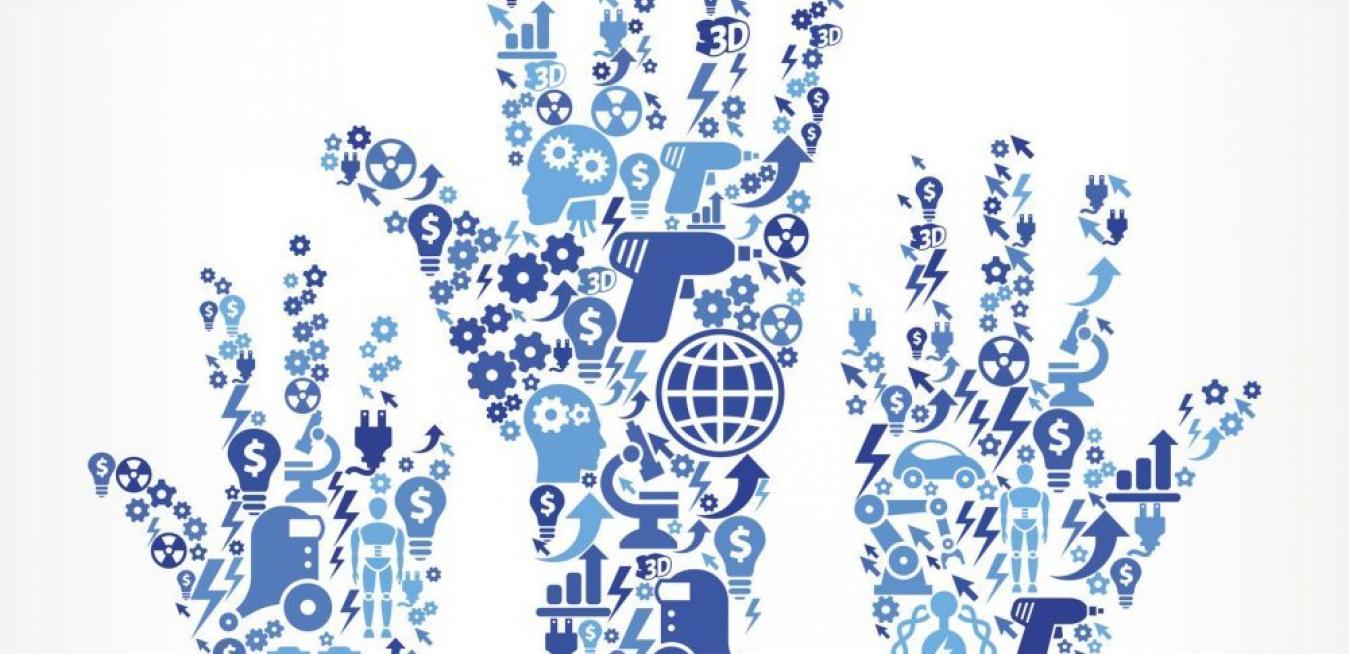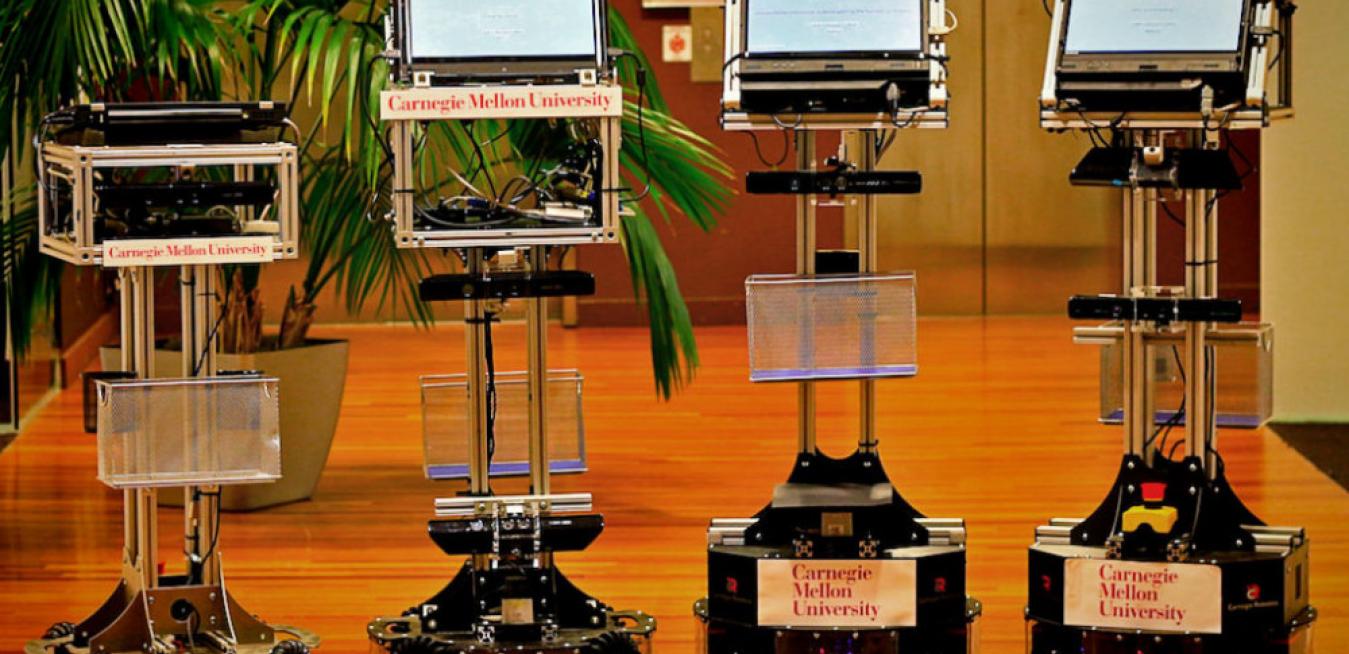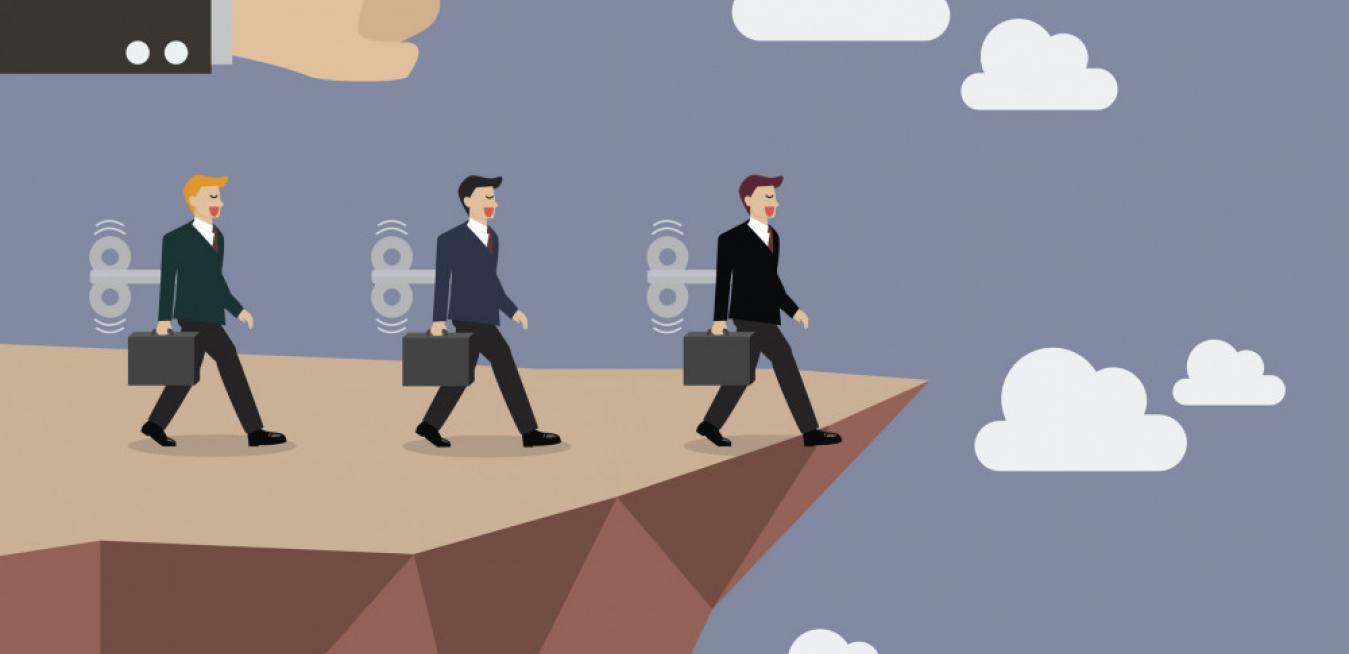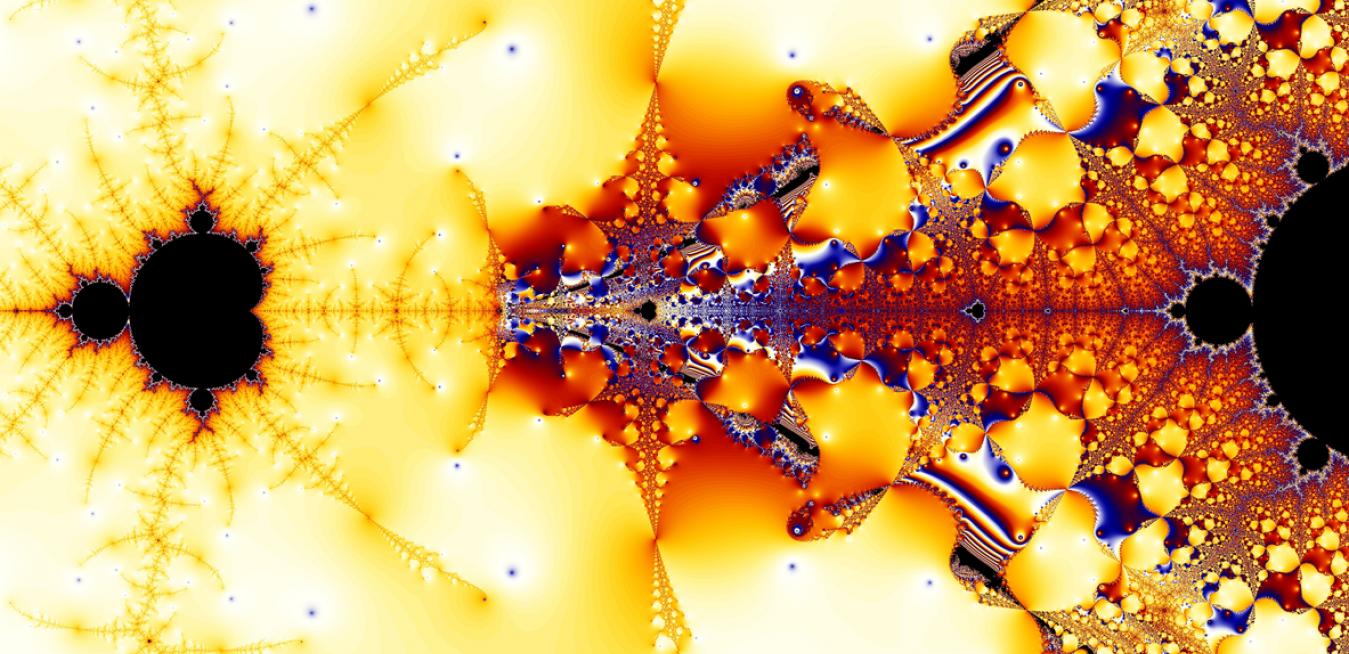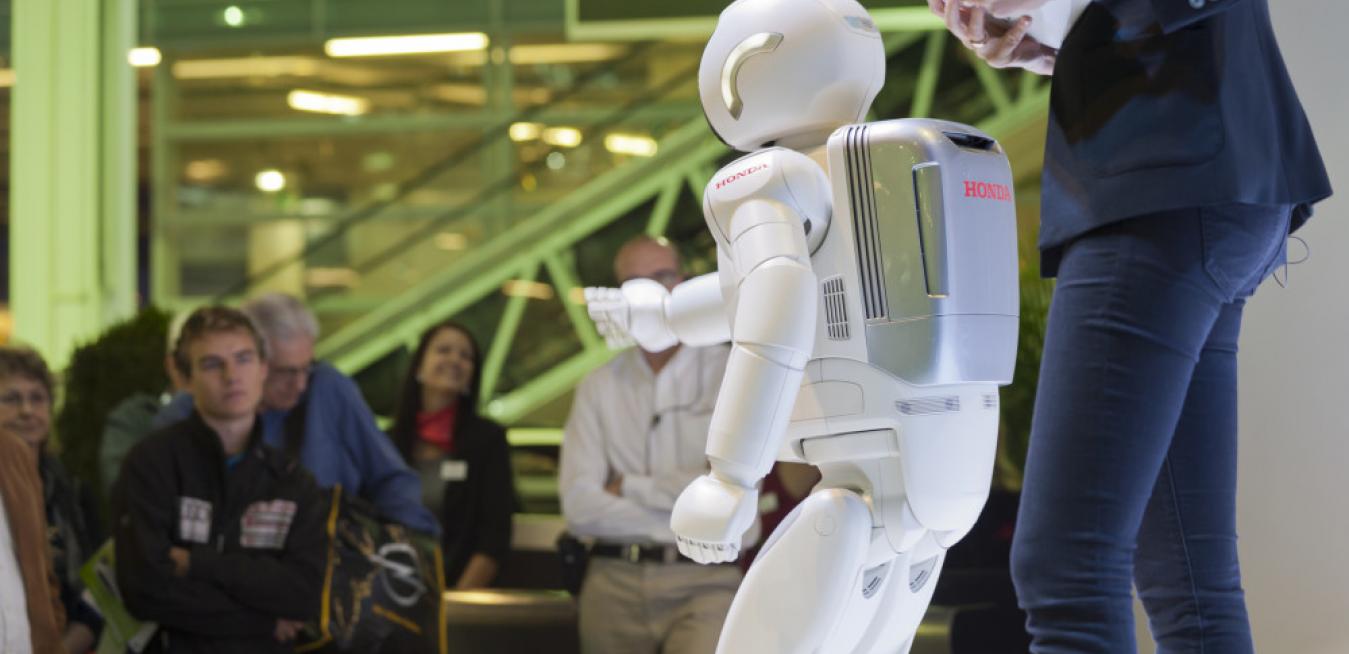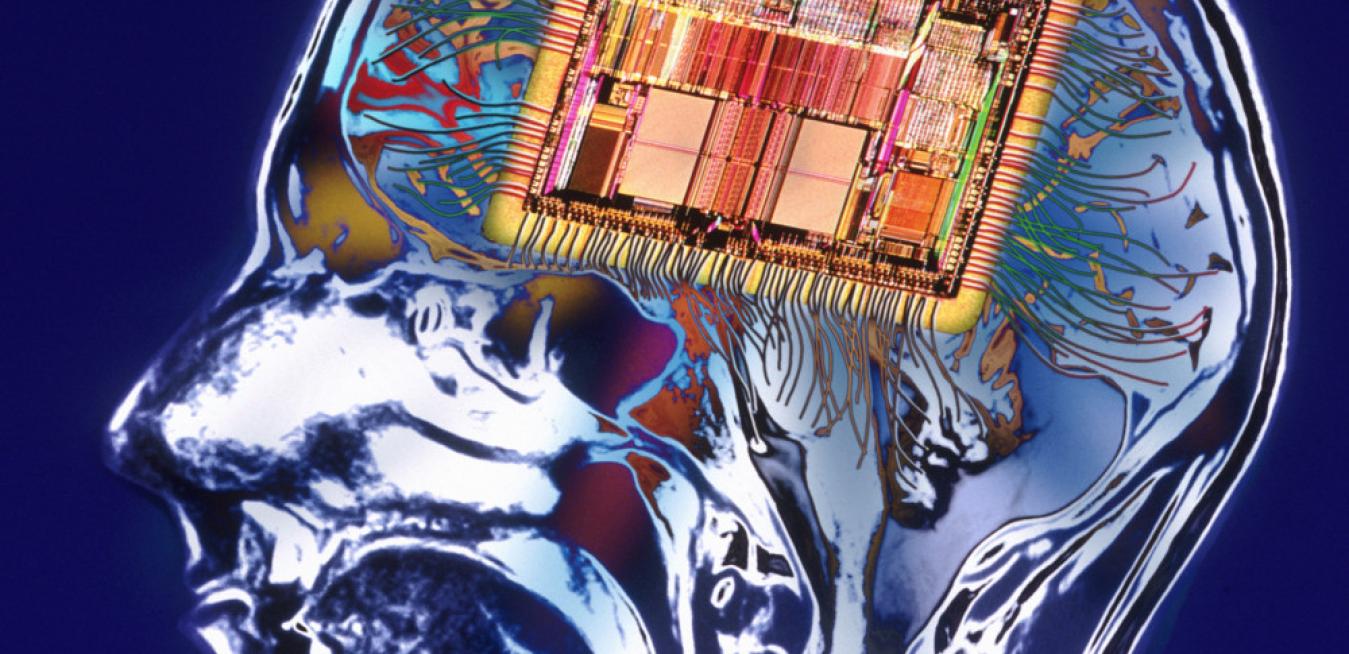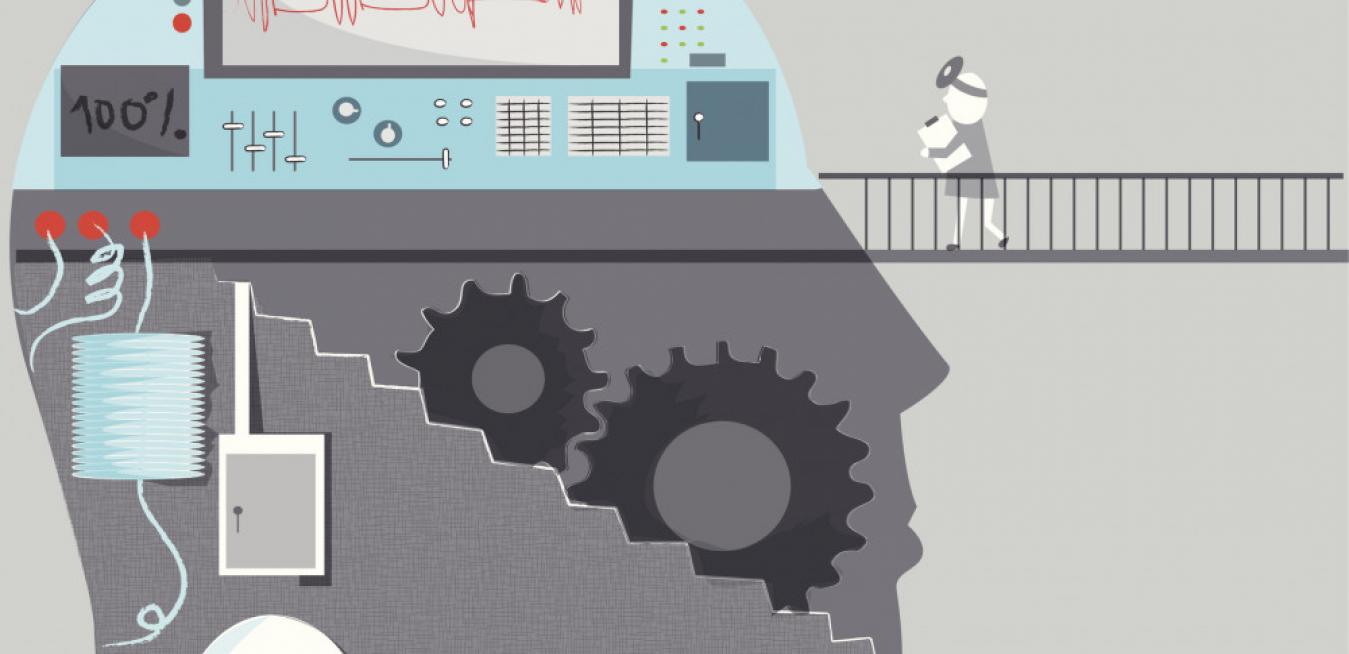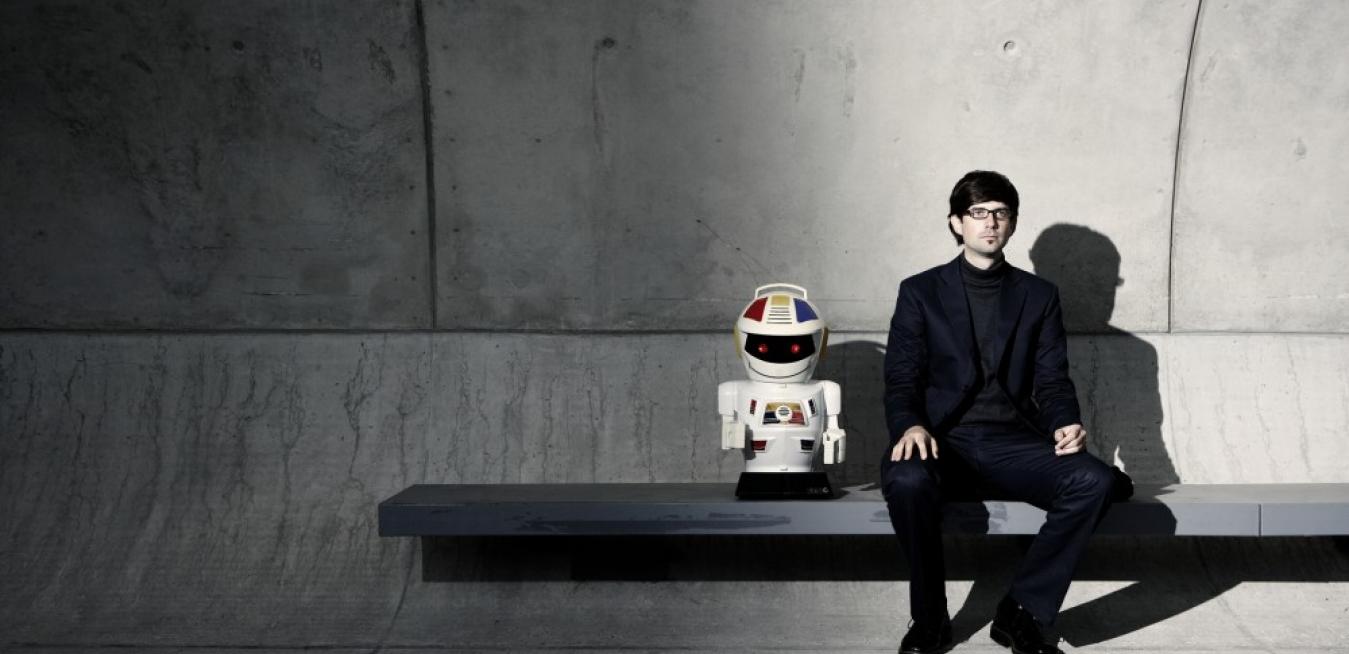We’re getting reliable, instant answers from machines thanks to advancements in artificial intelligence. But if knowledge is growing exponentially because of scientific tools, then we should be running out of puzzles. Instead we keep discovering greater unknowns. In the future, questions will be more valuable than answers. Author and Wired’s “Senior Maverick” Kevin Kelly predicts our biggest questions are yet to come.
In terms of algorithms and techniques, we’re still in the infancy of artificial intelligence. And even in the future, A.I. systems will need humans just as much as humans need A.I., writes Head of Machine Learning at Carnegie Mellon University.
Humanity needs artificial intelligence systems that act more like companions than superheroes. In the future, AI systems will need humans just as much as humans need AI.
Robotic process automation will soon aid workers not just in factories but in cubicles. Whether it’s making a PowerPoint deck or on-boarding a client, automation opportunities through artificial intelligence can streamline time-intensive, repeatable tasks, writes Ravnit Kohli, senior director with Synechron. But office workers aren’t going away anytime soon.
Robots probably will take our jobs. That doesn’t have to be bad news, writes Leonardo Quattrucci, policy assistant to the Head of the European Commission's European Political Strategy Centre. The future of work is about more than just automation. Machines push us to specialize in our competitive advantages, which would ideally push us toward a more connected and equitable economy.
What keeps you up at night?
Sentient Technologies CEO Antoine Blondeau describes how a principle for fighter pilots is applicable to the design of automated intelligent systems. And these new advances in artificial intelligence are automating solutions for everything from complex marketing to design and merchandising challenges.
